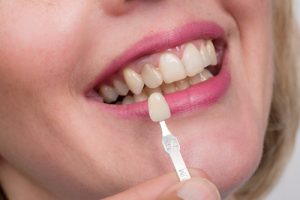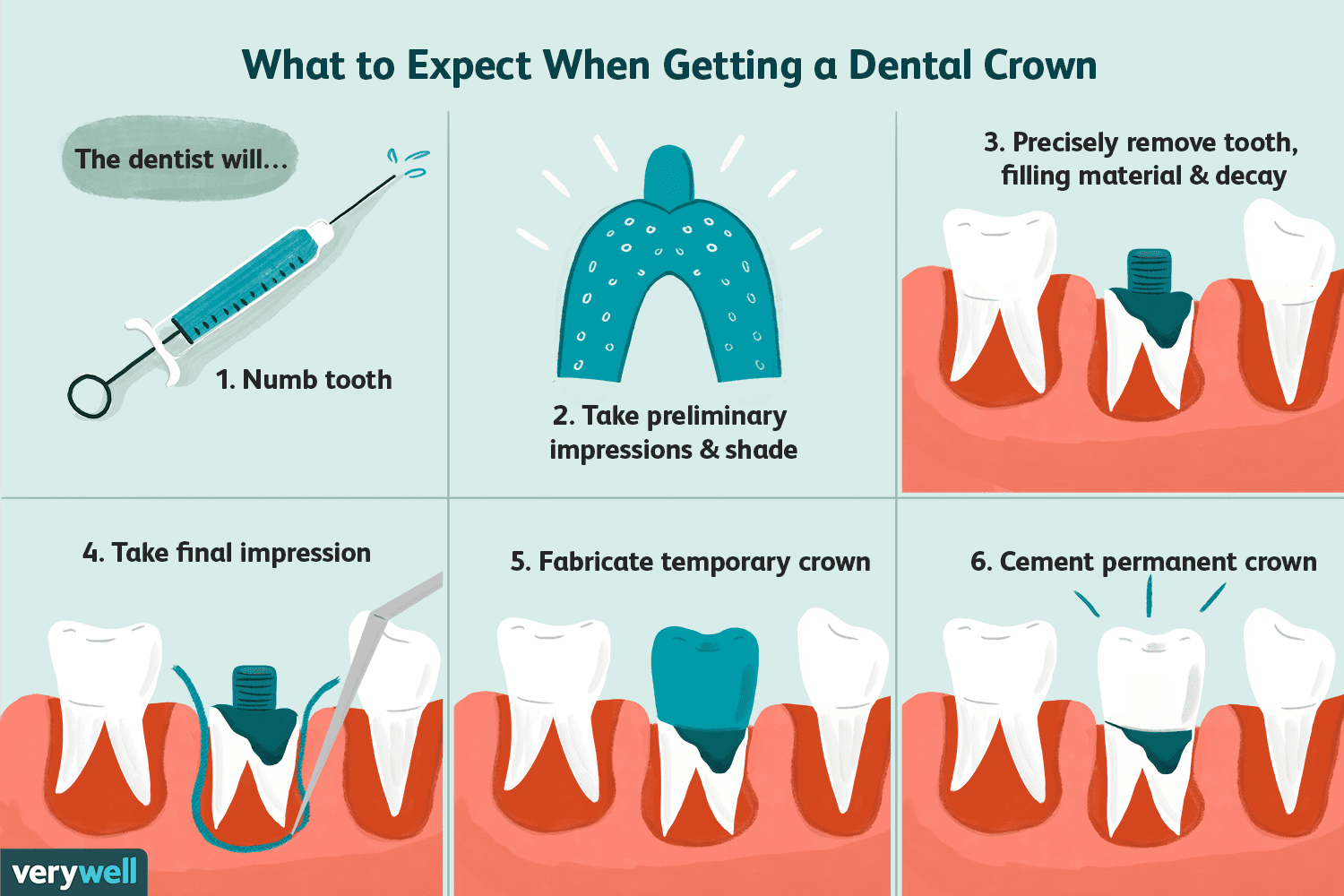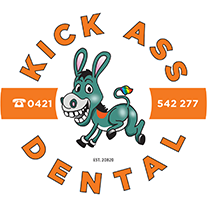Is it painful to have a crown put on your tooth?
Introduction
Is it painful to have a crown put on your tooth? A dental crown, commonly referred to as a tooth cap, is a type of dental prosthetic that is used to cover a tooth that has been injured or has become weaker. During the treatment, a cap will be placed over the tooth so that it may be safeguarded and its strength, form, and dimension will be restored. A lot of individuals are curious about whether or not having a dental crown is an uncomfortable experience. We will answer the question, “Is it painful to have a crown put on your tooth?” and give you with some helpful information on the procedure as we proceed through this post.
The Dental Crown Procedure
The process of getting a dental crown typically does not cause any discomfort because it is done under local anaesthesia. Your dentist will numb the region around the tooth before beginning the operation. This will ensure that you do not experience any discomfort while the surgery is being performed. As soon as the patient is comfortable, the dentist will numb the tooth before removing any decay and shaping the tooth to get it ready for the crown. The tooth may also be built up using a filling material if the dentist deems it necessary to do so.

The Impressions
After the tooth has been cleaned and prepared, the impressions of your teeth will be taken by the dentist. The imprints will be used to craft a dental crown that is manufactured to order and is designed to fit your teeth like a glove. The dentist may also make use of a shade guide in order to match the colour of your artificial teeth to the colour of your natural teeth. The completion of this stage typically takes around a quarter of an hour.
The Temporary Crown
After the impressions of the tooth have been taken, the dentist will cover the tooth with a temporary crown to preserve it in the interim while the permanent crown is being made. The provisional crown is often fabricated from plastic or acrylic and is intended to serve its purpose for a period of a few weeks. You might experience some discomfort or sensitivity during this time, but it ought to be controllable with over-the-counter pain medicines that you can get at your local drug store.
The Final Fitting
You will need to go back to the dentist’s office for the final fitting once the permanent crown is finished being crafted. The provisional crown will be removed by the dentist before the permanent crown is cemented into place over the tooth. Before permanently cementing the crown in place, they will confirm that it fits well and make any required changes. For tooth crowns see here.

Post-Procedure Care
Following the surgery, it will be necessary for you to take proper care of the new dental crown you received. For the first few days after the treatment, you should steer clear of foods that are tough, sticky, or require a lot of chewing. It is crucial to practise proper oral hygiene by brushing and flossing your teeth on a consistent basis in order to avoid the accumulation of plaque and deterioration around the crown. A dental crown has the potential to survive for many years if it is properly maintained.
Pain Management
After having a dental crown, it is not uncommon to suffer some discomfort or sensitivity in the affected tooth or teeth. Ibuprofen or acetaminophen are two examples of pain medicines that may be purchased without a prescription and are effective in managing even moderate levels of discomfort. In the event that the pain continues or worsens, you should make an appointment with your dentist as soon as possible.
Complications
Dental crown procedures very seldom result in complications, however these issues are still a possibility. Some such difficulties include:
Intolerance to the components of the crown caused by allergic responses
Infection
Nerve injury
The crown comes off or gets unfastened.
In the event that you have any of these difficulties, you need to make an appointment with your dentist as soon as possible.
Conclusion
The process of getting a dental crown is common and usually doesn’t cause too much discomfort. A dental crown, when taken care of properly, can safeguard your tooth for many years while also returning its strength and beauty to its natural state. Talk to your dentist about the possibility of getting a dental crown if you are suffering from tooth decay or damage. This may be the best course of action for you. Remember to practise proper dental hygiene after the procedure, and get in touch with your dentist if you have any difficulties as a result of the treatment.





